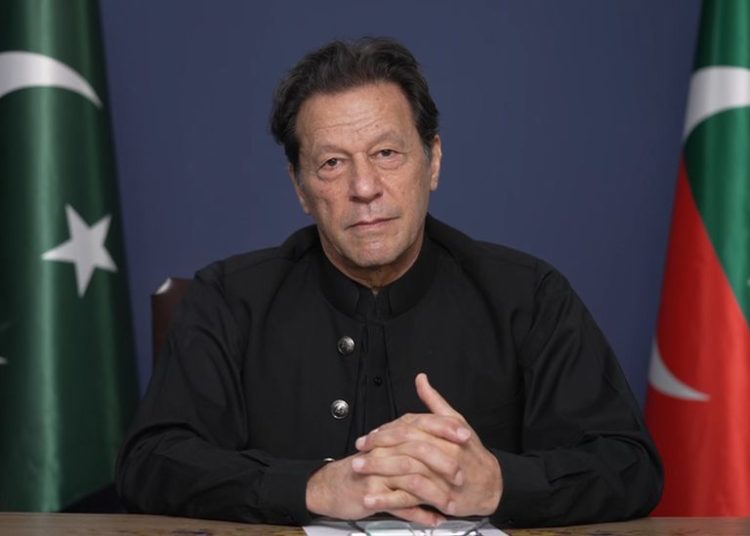Pakistan has successfully met all seven of the key performance targets and five out of eight secondary goals under the International Monetary Fund’s (IMF) Extended Fund Facility (EFF), according to the Fund’s latest review report. Most of the continuous and structural reforms agreed upon under the programme have also been implemented.
In its report titled “First Review Under EFF, Request for Modification of Performance Criteria and Request for an Arrangement Under the Resilience and Sustainability Facility,” the IMF noted that the country’s commitment to the programme remains strong and timely — a crucial factor in maintaining recent economic stability and setting the foundation for sustainable growth. The 37-month EFF programme, which was approved on September 25, 2024, remains on track.
The IMF acknowledged that the Pakistani government’s policy actions are starting to pay off. The country’s financial and external positions have improved, with the first eight months of FY 2025 showing a current account surplus and foreign reserves exceeding earlier projections. While inflation has fallen to historic lows, underlying (core) inflation is still high at around 9 percent. Economic growth continues, though it was slightly slower than expected in the first half of FY 2025.
Additionally, Pakistan has received the second installment of $1.02 billion under the EFF programme, confirmed by the State Bank of Pakistan (SBP).
The IMF noted that the primary budget surplus target for FY 2025 is on track. However, it emphasized the need for deeper fiscal reforms to boost tax revenues, reduce public debt, and allow more room for spending on social services and development.
The Fund advised that monetary policy should stay tight and data-driven to keep inflation within the SBP’s target range. A flexible exchange rate is also essential for absorbing economic shocks and rebuilding foreign currency reserves.
In the energy sector, the IMF stressed the importance of timely tariff adjustments to ensure full cost recovery. Broader reforms are needed to make the sector financially sustainable and reduce its high costs.
The report also called for stronger structural reforms to improve governance, attract investment, and create a more business-friendly environment — all essential for long-term, inclusive growth.
In addition, the IMF outlined a proposed support arrangement under the Resilience and Sustainability Facility (RSF), which would give Pakistan access to about SDR 1 billion (roughly 49.2% of its quota). This programme aims to reduce risks to Pakistan’s economic stability linked to climate change and includes the following goals:
- Boosting disaster resilience and improving public investment planning across all levels of government.
- Enhancing water use efficiency through better pricing mechanisms.
- Improving coordination between federal and provincial governments for disaster response and financing.
- Expanding climate risk reporting standards for banks and corporations.
- Supporting Pakistan’s climate mitigation goals and minimizing related economic risks.
Together, these efforts aim to strengthen Pakistan’s ability to manage climate-related vulnerabilities while supporting stable, inclusive, and sustainable economic development.
















